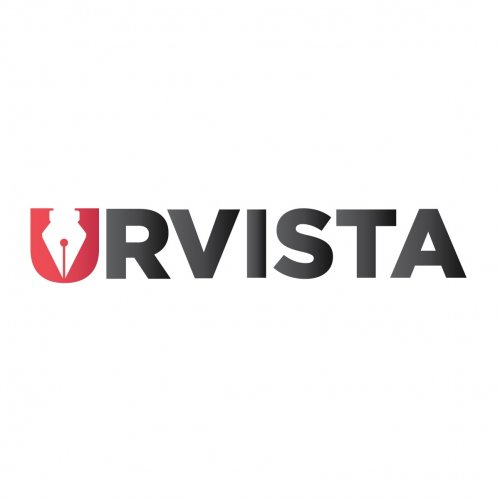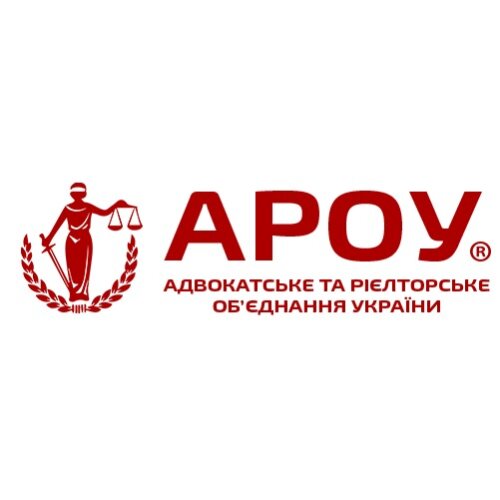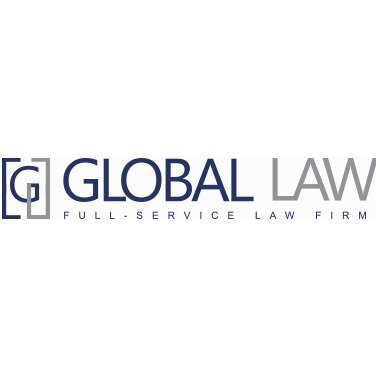Best Energy, Environment & ESG Lawyers in Ukraine
Share your needs with us, get contacted by law firms.
Free. Takes 2 min.
Or refine your search by selecting a city:
List of the best lawyers in Ukraine
About Energy, Environment & ESG Law in Ukraine
Energy, Environment, and ESG (Environmental, Social, and Governance) law in Ukraine governs how businesses and individuals interact with natural resources, energy systems, and environmental protection measures. As Ukraine works towards energy independence, integration into the European energy market, and enhanced environmental safeguards, legal regulations in these fields are evolving rapidly. ESG principles have gained traction, especially due to international investment standards and Ukraine's commitments under European Union agreements. This area of law ensures responsible energy production, environmental stewardship, and sustainable business practices.
Why You May Need a Lawyer
Legal expertise is essential when navigating Ukraine's complex and changing landscape in energy, environment, and ESG matters. You may need a lawyer if:
- You plan to invest in or develop energy projects, such as solar, wind, or bioenergy facilities - Your business needs environmental permits or must comply with pollution controls - You are facing environmental inspections, penalties, or litigation - You wish to understand your obligations under evolving ESG reporting or sustainability frameworks - You are entering public-private partnerships, concessions, or privatization in the energy or utilities sector - There is a dispute over land use, access to resources, or zoning related to environmental laws - You are impacted by new government regulations or international sanctions related to energy or environment - You are a non-profit or NGO advocating for environmental protection and need to comply with local laws - You need support with renewable energy incentives, tariffs, or “green” certifications - You face risks in supply chains and due diligence obligations under ESG criteria
Local Laws Overview
Ukraine’s legal framework for energy, environment and ESG combines national legislation with commitments under international treaties and EU agreements. Key aspects include:
- Energy Law: The Law “On the Electricity Market,” “On the Natural Gas Market,” and related acts regulate production, transmission, and sale of energy. These laws also support energy efficiency and promote renewables through incentives and feed-in tariffs.
- Environmental Protection: The Law “On Environmental Protection,” as well as legislation on air, water, and waste management, impose strict environmental standards. Businesses must obtain appropriate permits, conduct environmental impact assessments, and implement mitigation strategies.
- ESG and Sustainability: ESG is not yet a standalone legal requirement but gains importance due to EU integration and foreign investment. Companies, especially those listed or seeking investment, are increasingly expected to disclose ESG practices and risks.
- EU Integration: As part of the EU Association Agreement, Ukraine aligns its standards and legal frameworks with those of the EU, especially in energy, environmental impact assessment, and sustainable development.
- State Authorities: The Ministry of Energy, Ministry of Environmental Protection and Natural Resources, National Energy and Utilities Regulatory Commission, and the State Ecological Inspectorate oversee policy and enforcement in this area.
Frequently Asked Questions
What permits are required to build a renewable energy facility in Ukraine?
You will need licenses for energy production and land use, environmental impact assessment approval, and grid connection permissions. The process can be complex, involving multiple agencies.
Are there incentives for investing in renewable energy?
Yes, Ukraine offers incentives such as feed-in tariffs for certain types of renewable energy projects. However, policies and rates have experienced changes, so legal advice is crucial before investing.
What is an environmental impact assessment (EIA) and when is it required?
An EIA evaluates the environmental consequences of significant construction or industrial projects. It is required prior to approval of activities that may have a substantial environmental impact.
How are ESG practices regulated?
ESG reporting is not yet mandatory for all companies, but financial institutions and foreign investors often require ESG disclosures. Larger businesses may need to conform to international standards.
What legal obligations do companies have regarding pollution?
All companies must comply with specific regulations on emissions, waste disposal, and hazardous substances. Non-compliance can lead to fines, suspension of activities, or criminal liability.
Who supervises compliance with environmental and energy regulations?
The State Ecological Inspectorate oversees environmental compliance. The National Energy and Utilities Regulatory Commission and sectoral ministries monitor energy sector adherence.
Can foreign companies participate in Ukraine’s energy sector?
Yes, foreign companies can operate in the Ukrainian energy sector, subject to local laws, licensing, and compliance with sector regulations.
What are the consequences of violating environmental laws?
Penalties include administrative fines, compensation for environmental damage, revocation of permits, and even criminal charges for serious offenses.
How can NGOs influence environmental decisions?
NGOs have rights to participate in public hearings, provide feedback on projects, and even challenge governmental decisions in court under national and international law.
What is the role of the EU in shaping Ukrainian law in these sectors?
Ukraine is harmonizing its energy and environmental laws with those of the EU as part of its European integration. This impacts standards, reporting, and enforcement in line with EU directives.
Additional Resources
If you are seeking more information or direct support, consider the following resources:
- Ministry of Energy of Ukraine - oversees national energy policy and sector reforms - Ministry of Environmental Protection and Natural Resources of Ukraine - responsible for environmental regulation and policy - State Ecological Inspectorate - monitors and enforces environmental compliance - National Energy and Utilities Regulatory Commission (NEURC) - regulates energy, water, and utilities markets - Ukrainian National Platform for Energy Efficiency - provides guidance and information on sustainable energy - International finance institutions and chambers of commerce - offer tools and networks supporting ESG and sustainability
Next Steps
If you need legal assistance in the field of energy, environment, or ESG in Ukraine, consider the following steps:
- Clearly define your issue or goal related to energy, environment, or ESG regulations - Gather all relevant documentation, such as permits, contracts, or notifications from authorities - Research reputable legal professionals or law firms with experience in this sector - Arrange a consultation to outline your situation and determine your best course of action - Remain proactive in following updates to local regulations, as the legal landscape is changing - Engage with relevant government bodies or business associations to stay informed - Prepare for ongoing compliance obligations, especially if operating a business or managing large-scale projects
A qualified lawyer can guide you through regulatory requirements, represent you before authorities, and help minimize legal and financial risks.
Lawzana helps you find the best lawyers and law firms in Ukraine through a curated and pre-screened list of qualified legal professionals. Our platform offers rankings and detailed profiles of attorneys and law firms, allowing you to compare based on practice areas, including Energy, Environment & ESG, experience, and client feedback.
Each profile includes a description of the firm's areas of practice, client reviews, team members and partners, year of establishment, spoken languages, office locations, contact information, social media presence, and any published articles or resources. Most firms on our platform speak English and are experienced in both local and international legal matters.
Get a quote from top-rated law firms in Ukraine — quickly, securely, and without unnecessary hassle.
Disclaimer:
The information provided on this page is for general informational purposes only and does not constitute legal advice. While we strive to ensure the accuracy and relevance of the content, legal information may change over time, and interpretations of the law can vary. You should always consult with a qualified legal professional for advice specific to your situation.
We disclaim all liability for actions taken or not taken based on the content of this page. If you believe any information is incorrect or outdated, please contact us, and we will review and update it where appropriate.
Browse energy, environment & esg law firms by service in Ukraine
Ukraine Attorneys in related practice areas.
Browse energy, environment & esg law firms by city in Ukraine
Refine your search by selecting a city.

















